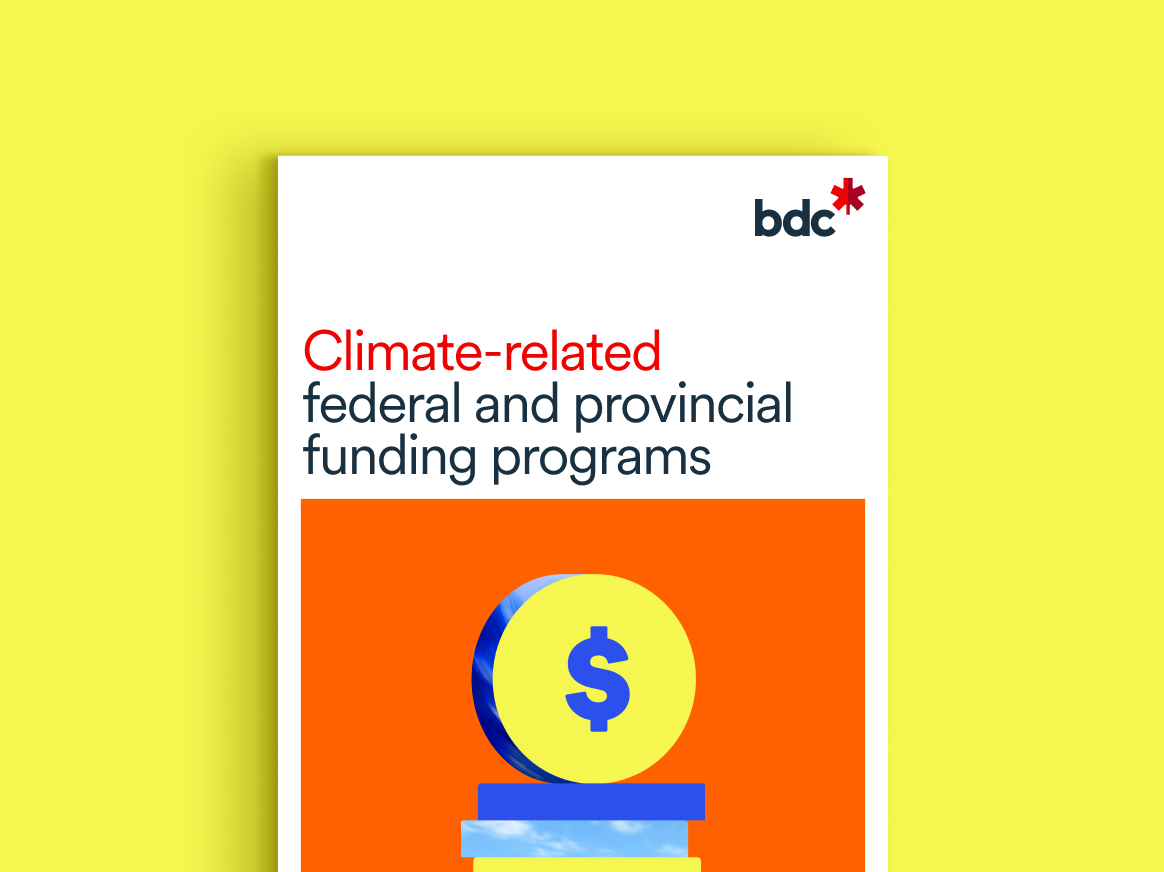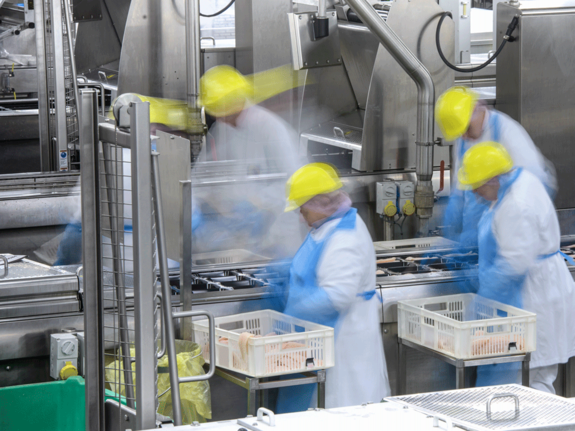Methane has a higher global warming potential than carbon dioxide
When organic material (such as yard trimmings, food-stained paper, and livestock manure and agricultural waste) is sent to landfills, it emits huge amounts of methane—one of the major GHGs. Organic waste management refers to the strategies you use to reduce, collect, process and dispose of the food and organic waste.
On average, SMEs that improved their organic waste management took 14 months to recoup their investment.
Roadmap to better organic waste management
Before you can improve your system, you need to understand where you’re starting from. Take stock of your current waste management systems by asking yourself these questions:
- What types of waste are you generating?
- How much waste are you diverting through reuse, recycling, composting, etc.?
- If you have different waste streams, how well are they separated (i.e., are organic materials ending up in the trash)?
What can go in your compost bin can vary depending on the municipality you’re in or the service providers in your area. Contact them to obtain a list of the materials you can compost using their services. This will highlight opportunities for improvement. If your system is complex, you may consider hiring a waste management expert to conduct an audit of your waste management system.
-
Greenhouse gas calculator for organic waste management
This calculator was created to help municipalities, project developers, waste generators, and other users estimate the impact on GHG emissions of different organic waste management approaches.
Follow the waste hierarchy for proper management of materials, which ranks the approaches to waste management from most preferred to least preferred.
1. Prevent waste
Steps you can take with food include comparing your purchasing inventory with customer ordering and modifying menus.
2. Reduce the quantity of waste generated
By examining the way you store food and handle it, you can reduce waste from food preparation.
3. Divert waste from the landfill by feeding hungry people
Donate excess food to local food banks and shelters. In Canada, the law provides protections for companies who donate food rather than throwing it away. Otherwise, consider donations to local farms to feed animals.
4. Compost
Sort your organic waste from your residual materials into specific waste streams. These organic materials will be processed to be reintegrated into other production processes.
5. Energy recovery
When contracting a waste hauler, consider incineration with energy recovery before incineration without energy recovery or landfilling.
Your employees need to be aware of the changes to come. Ahead of the launch of your new programs, prepare employees and other building occupants through awareness and outreach activities. Ask your waste hauler for awareness tools, such as posters and labels to put on your equipment (like bins and containers) and walls. You can also ask for a waste management expert from the municipality, your private waste hauler, or even a local non-profit to come to your workplace.
Consider proper training for employees more in touch with day-to-day waste management, such as janitors, warehouse employees and servers. These employees can become your waste management ambassadors to ensure your programs stays on track.
Periodically assess your waste management system via an audit. This will give you a full picture of the system in place. Using real data such as the annual weight of waste saved from the landfill will allow you to report on progress and provide feedback to your employees.
Gather frequent feedback from employees on what is working and what should be adjusted. This will show that you care about their well-being and ensure that you can address the gaps in your improved collection system.
Finally, setting objectives to show your commitment to your customers and employees. For example, you can aim to send zero organic waste to landfill within a set period.
- National Resources Canada: Greenhouse gas calculator for organic waste management
-
Food waste prevention for businesses
New technology, data and growing environmental awareness are changing how businesses manage waste.
Recommended resources

Discover over 60 green governmental active grants, tax credits and loan programs.

Reducing your GHG emissions is a smart move for both your business and the planet. Discover the key areas in your business where you can take action now.
The content of this webpage is provided for information purposes only, and the reader is responsible for any decisions resulting from its use. The results of applying the content are not guaranteed by BDC and may vary depending on the context, market, sector, financial situation and size of the company. Content originating from a source outside of BDC is the sole responsibility of the author of that source.




